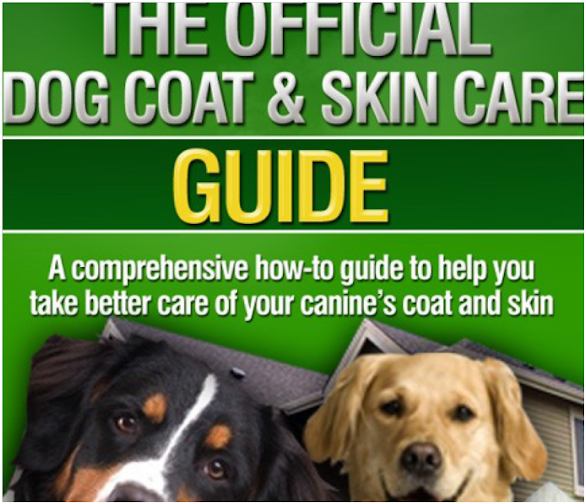In 2015, fish, poultry, and pig feeding trials are being conducted in 2015 in Europe (Belgium and UK) based on PROteINSECT UK derived insect protein whereas, fish and chicken feeding trials will be conducted in China, Mali and Ghana with insect protein being sourced from PROteINSECT partners within each country.
According to PROteINSECT, consumers are willing to consume food from animals that received insects in the feed, as long it is mentioned on the food label, according to the majority. The contribution that insects can make to addressing the protein deficit and to help address the global challenge of future food security.
Insects are rich in protein and are a natural component of the diets of carnivorous fish and freerange poultry. Fly larvae can be reared on a wide range of wastes and by-products and offer a
potential way of recovering value from materials that may be disposed of by agriculture and food
industries.
House fly and black soldier fly production systems have showed favourable results in terms of their space requirements but considerable improvement within the systems that PROteINSECT
has evaluated is required to improve the heating related energy usage and water consumption.
The supply of organic waste is increasing along with demand for animal products; production of
insect protein presents an opportunity to produce low value waste and produce high value products for inclusion in animal feed.
read more ; world poultry.








